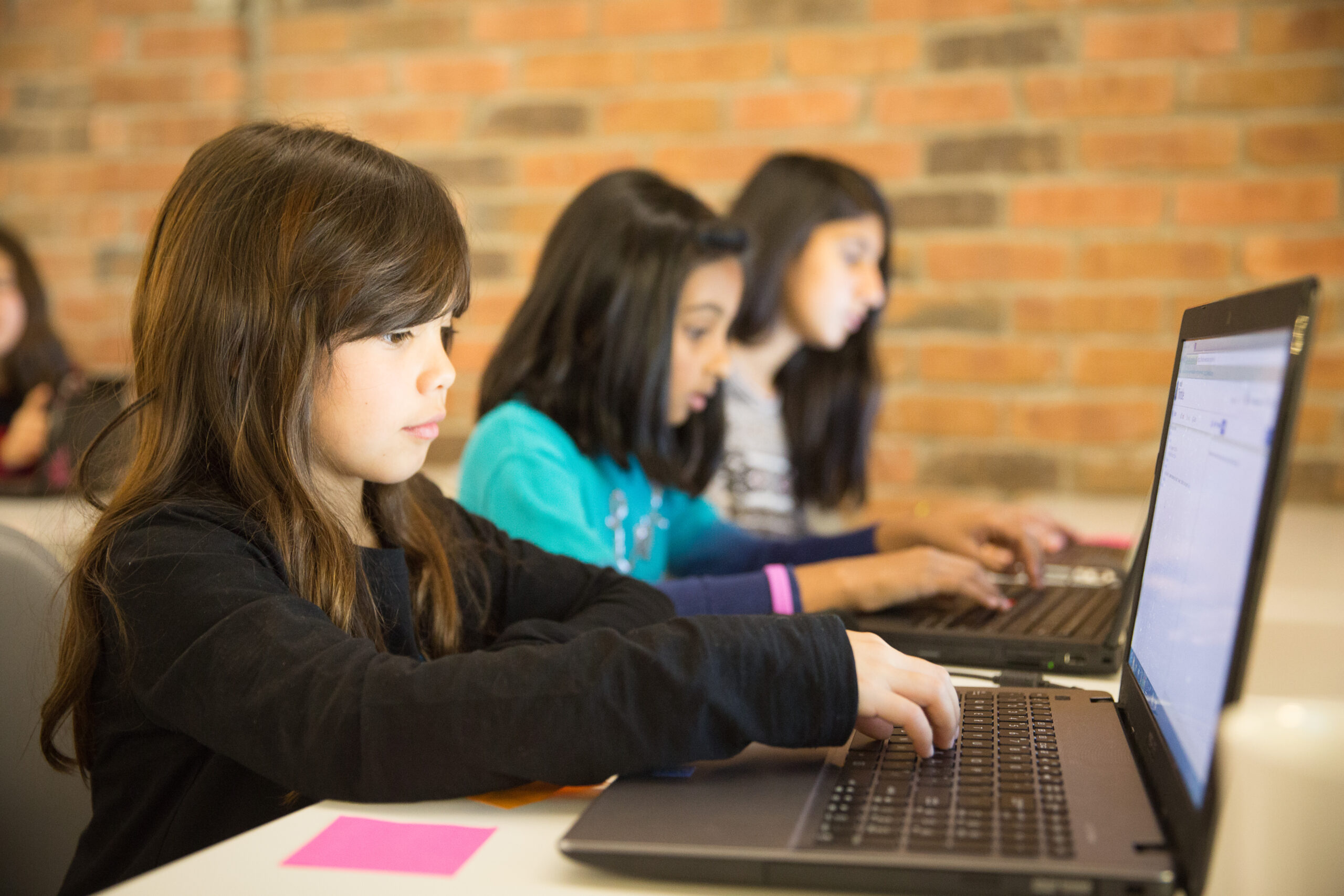If AI replaces study and learning even in middle school, it is truly the end

In an eighth grade class, 18 out of 23 students used ChatGPT to "do" an essay at home. It's a shame that none of them were able to explain it or understood its meaning. The speech by Francesco Provinciali, former MIUR and Ministry of Education inspection director
The magazine Orizzonte Scuola reports a significant story to frame in the varied panorama of schools, which situations and with what consequences the casual use of technologies, artificial intelligence and pervasive digitalisation are radically modifying the school and with it the concept of education , learning, education: in short, a decidedly altered vision of the pedagogical principles that have inspired teaching to date.
The news is this: in a third class of lower middle school (or lower secondary school, whatever you prefer) 18 students out of 23 handed in an essay to the literature teacher, assigned as a homework assignment, elaborated using ChatGPT (a transformer pre-trained generative) which is based on AI in interaction with a human being and is capable of processing texts similar to those that a highly cultured person could produce. Its performance is in fact 'calibrated' on the "optimisation" of results. In the case considered, the theme returned by the students who did not write the content but relied on AI is impeccable in form, logical and consequential in narrative and semantic development: it is a pity that the pseudo-authors of such excellence were not then unable to explain the plot or demonstrate understanding of its meaning. A mere application of digital innovation outside the criteria that have always inspired learning: knowing, understanding, applying, analyzing, synthesizing, using critical and creative thinking. They are the increasing levels of the so-called. "Bloom's taxonomy", a method applied to study and teaching, born in the USA and exported all over the world, which implies a gradual awareness of the stages that each student – in different ways and themes – should go through.
It seemed like a theoretical construction (iconically represented in a pyramidal way) capable of attributing a logic to education processes: now AI and tools such as ChatGPT allow the same results to be obtained in much shorter times, using pre-ordained algorithms. You skip the steps and their conscious cognition and you get to the result immediately.
The problem exists and is nevertheless decisive: once upon a time people copied from Bignami, from a good classmate, from notes brought from home in folded and miniaturized pieces of paper, to hide under the desk. But often from the sum of these addends blunders emerged which were then easily exposed, without a logical development link that supported the whole.
Using AI it is difficult to comment on the merit of the result: the theme is perfect, the style refined, the spelling correct. The problem arises from the total absence of understanding and awareness of the content of the writing on the part of the student who uses a pre-packaged package calibrated to the title and requests of the essay.
Certainly an assignment done at school would have been subject to the teacher's control, provided that smartphones and tablets were not fraudulently imported and used in class.
The use of AI (and we are only at the beginning) is becoming an abuse: the massive introduction of technologies by expunging pens, notebooks and books is starting to produce a result that I will try to summarize in the following way.
While in traditional schools what was explained by teachers, read in books or the result of targeted research involved a process of internalization and metabolization of knowledge, now it is possible to bypass efforts, commitments, diligent application, cognitive effort, personalization of the result simply by assigning to machines the task of developing the final product in a short time.
The difference is this: we move from internal to external, no longer through the use of reasoning which involved a pause for reflection on knowledge.
You probably get there first but you don't always go further.
The young students of that school who – instead of expressing their own ideas in the assigned topic, entrusted it to a virtual elaboration which they were then unable to understand and explain – took a step towards abandoning critical thinking.
Learning is not reduced to answering tests, teaching does not mean assigning scores to them. At school, good education, education and learning always pass through relationships between people.
This is a machine translation from Italian language of a post published on Start Magazine at the URL https://www.startmag.it/sanita/se-anche-alle-medie-lia-si-sostituisce-allo-studio-e-allapprendimento-e-davvero-la-fine/ on Sat, 16 Mar 2024 06:12:26 +0000.
